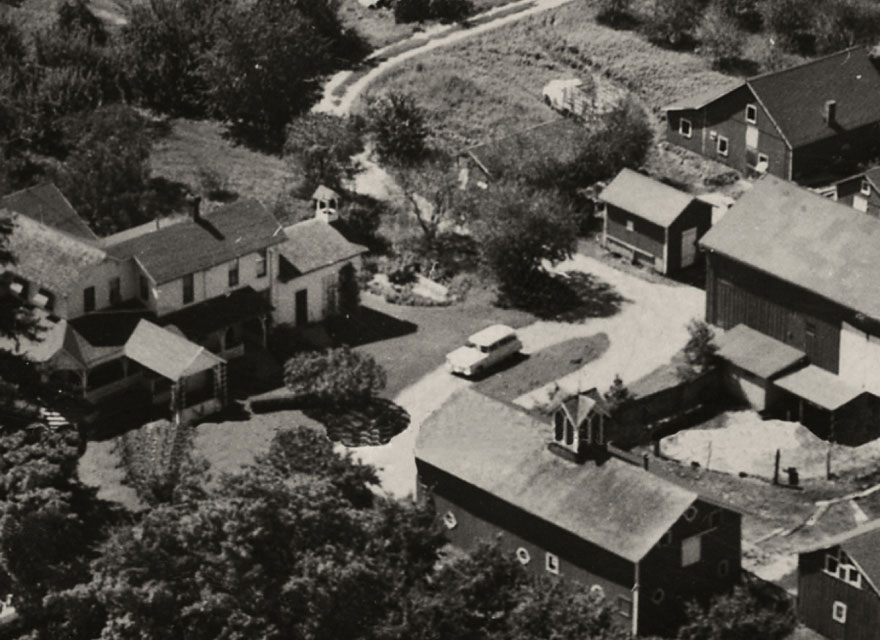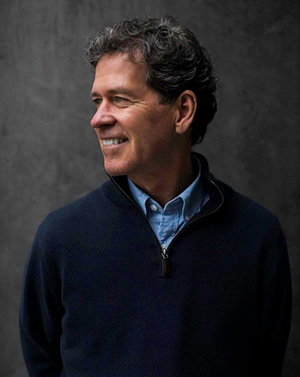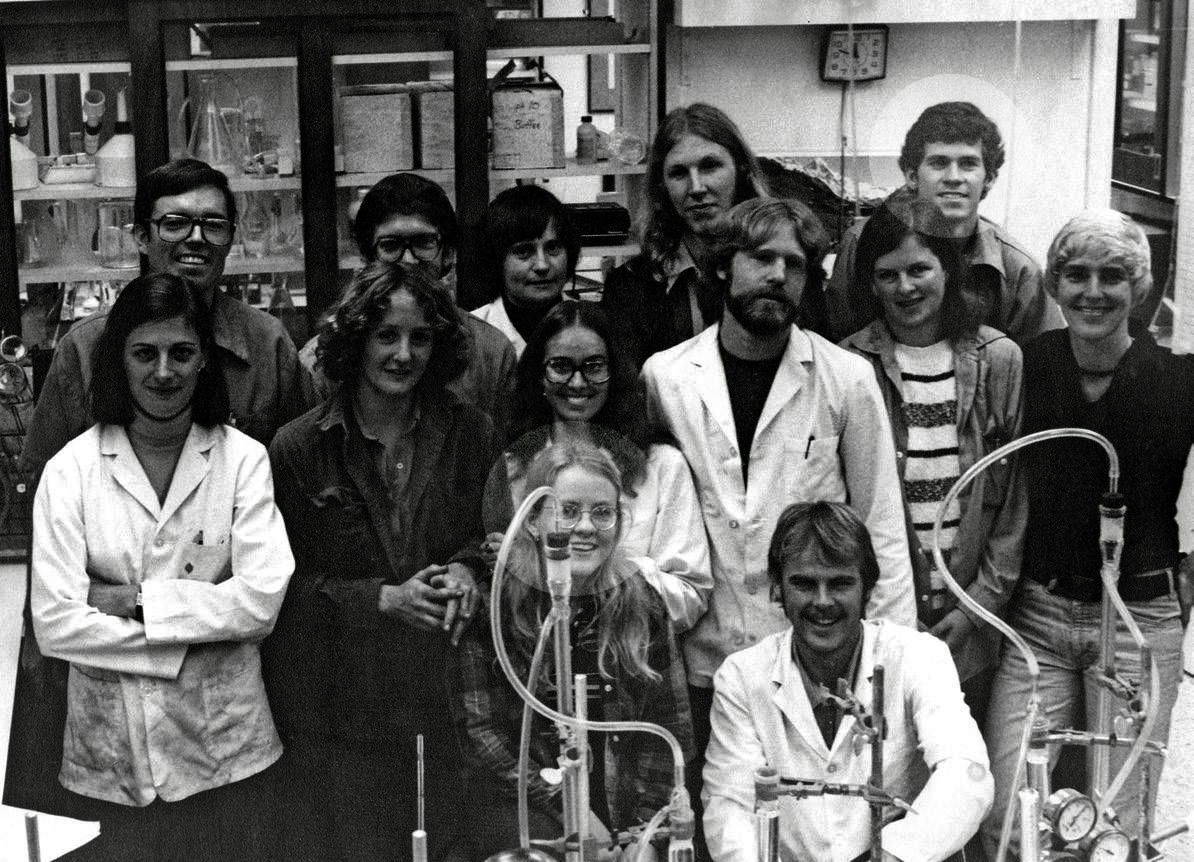
Click here for tasting notes.
Paul Hobbs Cabernet Sauvignon 2019
It all began on a modest orchard in upstate New York. Paul Hobbs, one of eleven children, was raised on a family-run farm where the rhythm of planting, harvesting, and selling crops at farmers markets before school was the norm. These early experiences not only instilled in him the discipline required for farming, but also introduced him to the concept of terroir—a philosophy that would later become the cornerstone of his winemaking career.

Hobb’s first encounter with terroir happened in the most unexpected of ways—through apples. As he tasted the same apple variety grown in different orchards, he noticed a diversity of flavors and textures. This profound realization left an indelible mark on him, inspiring a vineyard-specific approach to winemaking that would shape his future endeavors.
“The true character of a site is only revealed through the work and determination of tending each vineyard with meticulous care and vinifying with minimalist winemaking techniques that fully express the terroir,” said Hobbs.

Though Paul’s father always encouraged him to pursue winemaking, another family influence tugged at his heartstrings—his great-grandfather, Edward James, a doctor. Following in his great-grandfather’s footsteps, Paul enrolled at Notre Dame University with the intent of pursuing a career in medicine. However, after graduating with a degree in chemistry, his father’s persuasion led him to UC Davis, where he earned a Master’s degree in Viticulture and Enology. This pivotal decision would eventually change the trajectory of Paul’s life.

